Transcendent Fantasy, or Politics as Usual?
My Black Gate post this week is not a review, nor an essay proper, but a question: Is it possible for fantasy to move beyond the political? Or because it is written by authors of a particular time and place, must fantasy—however fantastic its subject matter—forever remain trapped within the circles of our own world?

China Mieville and others say that no, you cannot read fantasy except through the lens of politics, and that there is no escape. In this interview from 2000, Mieville says:
The problem with escapism is that when you read or write a book society is in the chair with you. You can’t escape your history or your culture. So the idea that because fantasy books aren’t about the real world they therefore ‘escape’ is ridiculous. Fantasy is still written and read through the filters of social reality. That’s why some fantasies (like Swift’s Gulliver’s Travels) are so directly allegorical–but even the most surreal and bizarre fantasy can’t help but reverberate around the reader’s awareness of their own reality, even if in a confusing and unclear way.
I think that as we’ve grown more secular and rational fantasy is following suit. Led by writers like George R.R. Martin and Joe Abercrombie, fantasy has become less whimsical and more historical, less hopeful and more gritty and pessimistic. Many “fantasies” now actively grapple with issues like racism and misogyny, or conservatism vs. liberalism, which lurk beneath the veneer of strange secondary worlds that in other fundamental ways closely resemble our own.
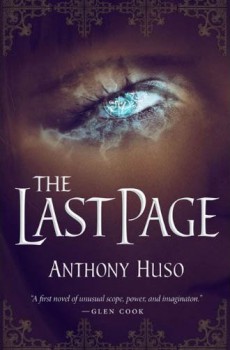 The Last Page
The Last Page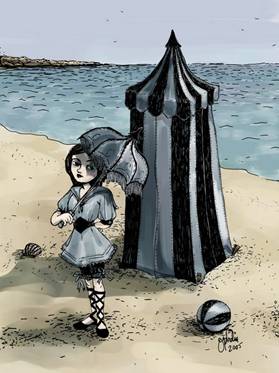
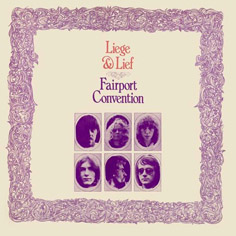 Yes, Black Gate’s focus is on the literature of the fantastic. But sometimes, fantasy needs a soundtrack.
Yes, Black Gate’s focus is on the literature of the fantastic. But sometimes, fantasy needs a soundtrack.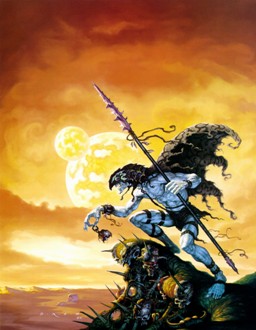

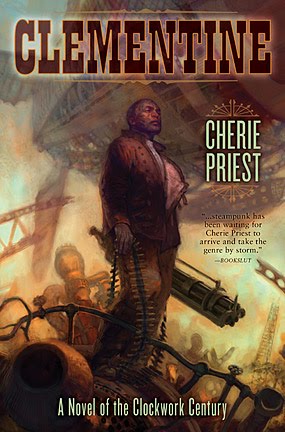 Clementine
Clementine 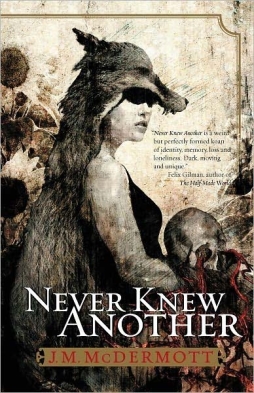 Never Knew Another
Never Knew Another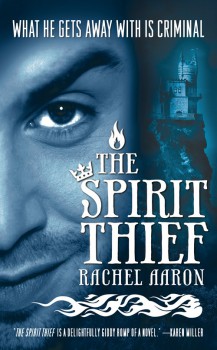 The Spirit Thief
The Spirit Thief Sword’s Edge Publishing
Sword’s Edge Publishing